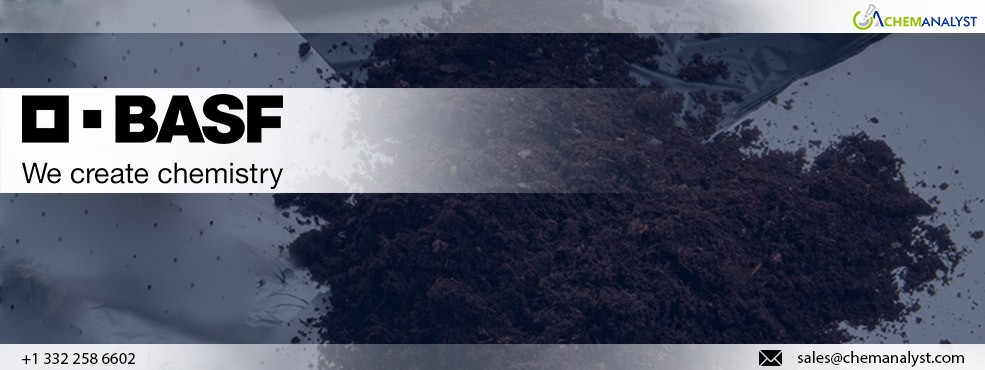Welcome To ChemAnalyst

BASF is introducing a solution for the packaging industry to enhance the utilization of renewable resources. It is broadening its range of certified compostable biopolymers by incorporating a biomass-balanced (BMB) ecoflex®, a polybutylene adipate terephthalate (PBAT) commonly utilized in biopolymer compounding. In the case of the new ecoflex® F Blend C1200 BMB, traditional fossil raw materials in the production process are substituted with renewable resources at the outset of the value chain. These renewable resources, sourced from waste and residual biomass, are allocated to the ecoflex® grade via a certified mass balance method compliant with REDcert2 and ISCC PLUS standards. The biomass-balanced ecoflex® not only aids in diminishing reliance on fossil fuels but also boasts a 60% lower Product Carbon Footprint (PCF) compared to the standard ecoflex® F Blend C1200.
Certified compostable products crafted from PBAT compounds contribute to fostering a circular economy by encouraging the gathering and recycling of organic waste. Nonetheless, the production of PBAT still involves the partial utilization of fossil resources. BASF addresses this challenge with ecoflex® BMB, presenting a solution that enables organic recyclability at the product's end of life. Furthermore, this innovation completely substitutes fossil feedstock with renewable raw materials from the outset of the production process. This advancement by BASF signifies another stride towards completing the biological loop within the circular economy framework.
ecoflex® BMB empowers customers in the packaging sector to contribute to reducing fossil resource consumption and distinguish their products without sacrificing performance, quality, or the need for additional investment in new processing lines. BASF's PBAT is indistinguishable from the traditional grade in terms of properties, quality, and certification. Consequently, customers do not need to re-evaluate their applications using ecoflex® BMB, reformulate compounds, or modify existing manufacturing processes; they can rely on the same performance they are accustomed to and reap the benefits of a seamless transition. "As pioneers in biopolymers, we continuously strive to assist our customers in transitioning to a circular economy using renewable resources," states Marcel Philipp Barth, Head of Global Business Management Biopolymers at BASF. "Our ecoflex® BMB stands as a pioneering breakthrough in the global biopolymers sphere, driving sustainability efforts within the packaging industry by diminishing the use of fossil resources, mitigating greenhouse gas emissions, and advocating for the utilization of renewable feedstock derived from organic waste and residual biomass. In doing so, we empower our customers to make informed decisions regarding product design, thereby shaping a more circular packaging value chain."
We use cookies to deliver the best possible experience on our website. To learn more, visit our Privacy Policy. By continuing to use this site or by closing this box, you consent to our use of cookies. More info.
